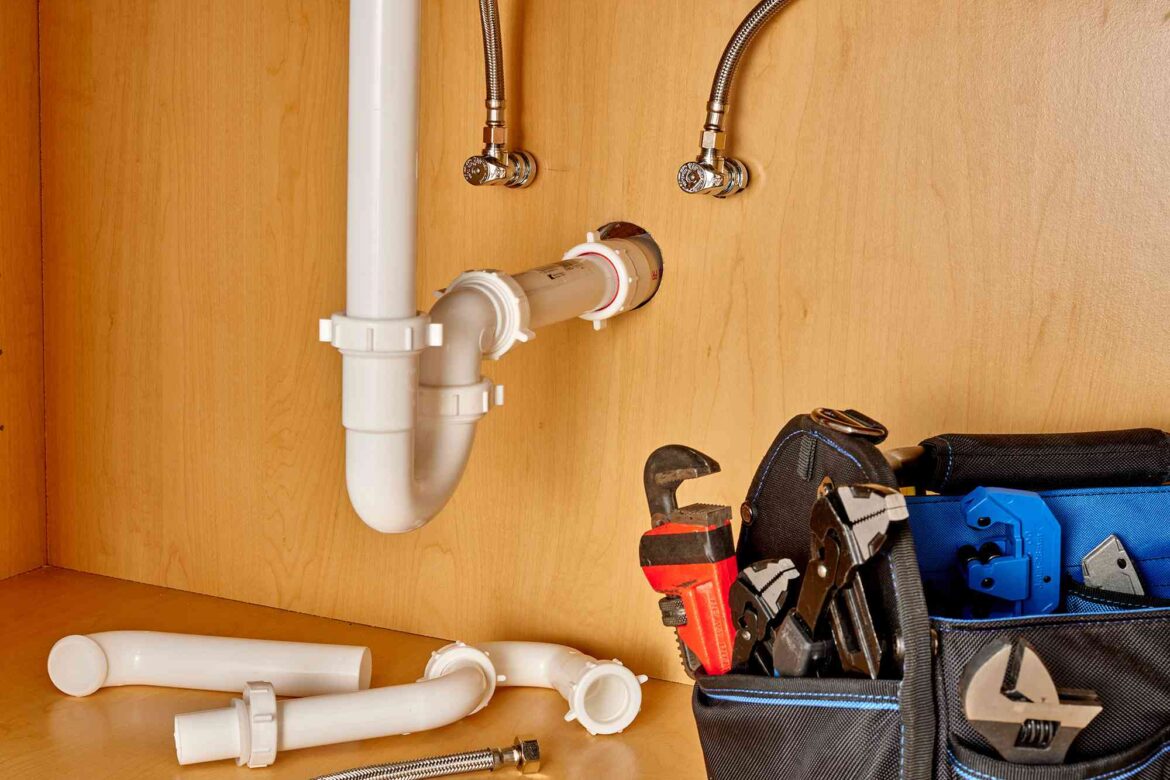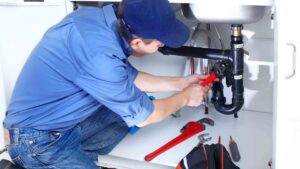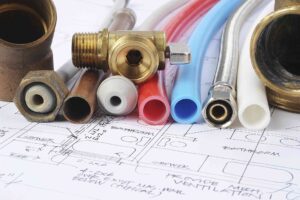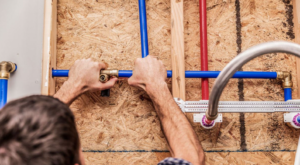
Plumbing, an often-overlooked marvel of modern civilization, is the intricate network of pipes and fixtures that bring fresh water to our homes and whisk away wastewater. As we go about our daily routines, we rarely stop to ponder the incredible complexity and significance of this system. In this blog post, we embark on a journey to unravel the mysteries of plumbing, shedding light on its fascinating history, its role in safeguarding public health, and the innovations driving the industry forward.
A Brief History of Plumbing
 Plumbing dates back to ancient civilizations such as the Egyptians and the Romans, who created impressive aqueducts and sewage systems. Over the centuries, plumbing evolved significantly, with notable milestones including the invention of the flush toilet by Sir John Harrington in 1596 and the groundbreaking sanitation improvements during the Victorian era. Today, we stand on the shoulders of these innovators, benefiting from advanced plumbing technologies and practices.
Plumbing dates back to ancient civilizations such as the Egyptians and the Romans, who created impressive aqueducts and sewage systems. Over the centuries, plumbing evolved significantly, with notable milestones including the invention of the flush toilet by Sir John Harrington in 1596 and the groundbreaking sanitation improvements during the Victorian era. Today, we stand on the shoulders of these innovators, benefiting from advanced plumbing technologies and practices.
The Hidden Heroes: Plumbers
Behind every well-functioning plumbing system is a team of dedicated professionals – plumbers. Often underappreciated, these skilled individuals ensure that our homes and businesses have access to safe, clean water and that wastewater is disposed of properly. From installation and repairs to maintenance and troubleshooting, plumbers play a vital role in maintaining the integrity of our plumbing systems.
Plumbing for Public Health
Plumbing is intricately linked to public health. Without proper sanitation and clean water, communities face dire consequences, as evidenced throughout history. The development of plumbing systems and sewage treatment facilities significantly reduced the prevalence of waterborne diseases like cholera and typhoid. As we confront new health challenges, such as antibiotic-resistant bacteria, plumbing remains critical in safeguarding our well-being.
Water Conservation and Sustainable Plumbing
 In an era grappling with climate change and dwindling natural resources, water conservation has become paramount. Sustainable plumbing practices, including low-flow fixtures, rainwater harvesting systems, and greywater recycling, offer innovative solutions to reduce water consumption without compromising convenience. By adopting these eco-friendly approaches, individuals can actively contribute to environmental preservation.
In an era grappling with climate change and dwindling natural resources, water conservation has become paramount. Sustainable plumbing practices, including low-flow fixtures, rainwater harvesting systems, and greywater recycling, offer innovative solutions to reduce water consumption without compromising convenience. By adopting these eco-friendly approaches, individuals can actively contribute to environmental preservation.
Emergence of Smart Plumbing
With the rise of the Internet of Things (IoT), even plumbing has seen a technological revolution. Smart plumbing systems equipped with sensors and digital controls allow for remote monitoring and automated adjustments. These cutting-edge innovations enable early leak detection, efficient water usage tracking, and predictive maintenance, ensuring that plumbing systems are both efficient and cost-effective.
Challenges in the Plumbing Industry
 Despite the advancements, the plumbing industry faces challenges. An aging infrastructure, particularly in older cities, requires extensive upgrades and maintenance to avoid potential disasters. Additionally, the shortage of skilled plumbers poses a significant concern. Encouraging and investing in plumbing apprenticeships and vocational training is crucial for maintaining a skilled workforce to meet the demands of modern plumbing needs.
Despite the advancements, the plumbing industry faces challenges. An aging infrastructure, particularly in older cities, requires extensive upgrades and maintenance to avoid potential disasters. Additionally, the shortage of skilled plumbers poses a significant concern. Encouraging and investing in plumbing apprenticeships and vocational training is crucial for maintaining a skilled workforce to meet the demands of modern plumbing needs.
Plumbing Innovations on the Horizon
Exciting prospects lie ahead in the world of plumbing. Researchers are exploring new materials to improve pipe durability, corrosion resistance, and water flow efficiency. Nanotechnology may play a role in creating self-cleaning surfaces to prevent clogs, and 3D printing could revolutionize the manufacturing of plumbing components. As technology advances, so too will the capabilities of plumbing systems.